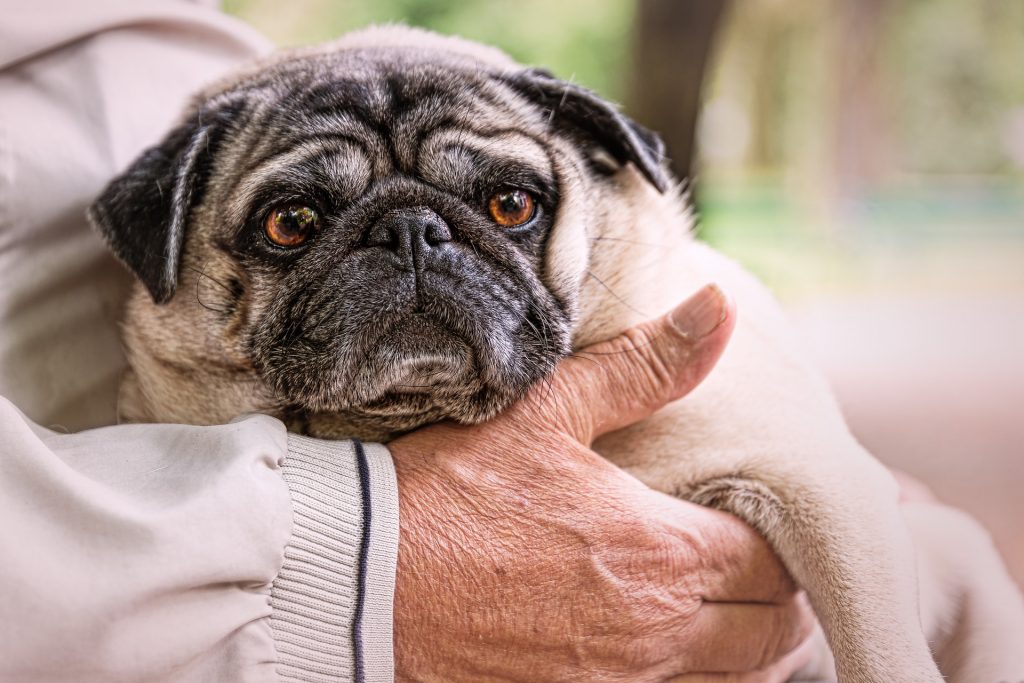
Nobody wants to think about their death but with almost half of UK adults* owning a pet, it’s essential that we consider who will take care of them and how they will be provided for after we die.
April is National Pet Month and Gordon Brown Law Firm LLP (GBLF) is raising awareness of what happens to pets when their owners die. Recently, it has been revealed that millionaire fashion icons Karl Lagerfield and Alexander McQueen both left substantial amounts of money behind for their companions, whereas it has also been reported that Oprah Winfrey has plans to leave round $30m to her dogs. But what about does this mean for the everyday pet owner?
Here, Hannah Moffett, who is part of the Wills, Trusts and Probate team at GBLF, has some advice for worried pet owners about what would happen to their beloved pet if they were to die before they do.
What happens to my pet should I die?
UK law regards a deceased person’s pets as Personal Chattels which are defined by the Administration of Estate Acts 1925. If specific provisions for what should happen to a person’s pets are not made within their Will, their pets shall legally form part of their estate as a Personal Chattel and will pass to their residuary beneficiary.
Pets are considered property under the law, so like all personal assets, proactive steps should be taken to help settle your affairs after you die. Pet owners can also make sure that the person accepting responsibility of the pet will receive a pecuniary legacy (cash gift) from their Will.
Owners can also stipulate that should their pet have predeceased them, the pecuniary legacy will no longer be applicable as the pet has died. It is always advisable to ask the person who the pet would be left to if they would be willing to look after the pet upon the owner’s death.
What if they are unable or don’t want to look after my pet after my death?
Should they refuse after the owner’s death, once again, the pet would form part of its owner’s estate and pass to the residuary beneficiary. It may be that the owner is leaving their estate to a certain person but do not wish to leave their pet to them and they have no other person who they trust.
Is it essential to include my pet within my estate?
For people who would prefer their pet not to form part of their estate, it is a good idea for them to stipulate in their Will who will take over ownership. Pet owners should provide the name of a designated person to the pet’s caregiver so that person will be able to continue medical care for the pet after the owner’s death.
In this instance, owners could consider including in their Will that they wish to leave their pet to a particular Pet Charity for rehoming. They could also include a pecuniary legacy to pass to the charity should they so wish. It would be advisable that the owner contacts their considered Pet Charity to ensure they do offer a rehoming programme.

